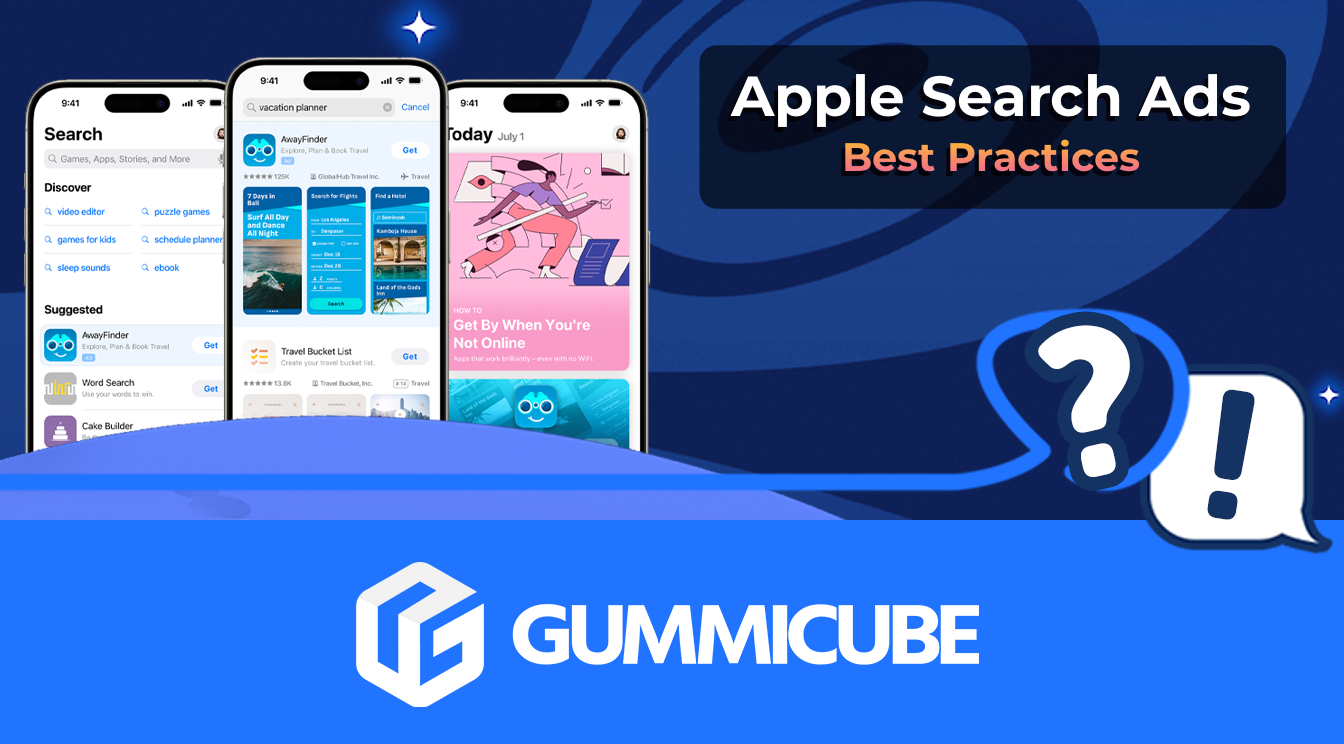
5 Best Practices for Apple Search Ads
Posted on July 3rd, 2024
Are you leveraging Apple Search Ads the right way? Take a look at these recommendations to optimize your paid campaigns and target the right users.
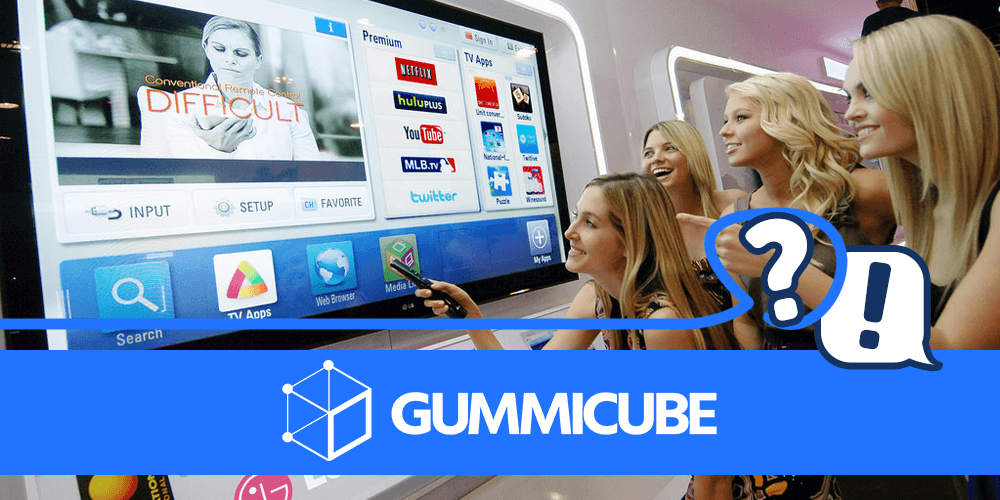
Apps form an integral part of today’s society and culture and are commonplace tools utilized for anything from finding recipes to navigation. In fact, apps have become so integrated into our lives that they are often seen and referenced in the entertainment we consume every day. While apps must have a strong ASO strategy to be found in the app stores, appearing or being referenced in a show, song or any other form of media can increase its installation rate dramatically.
Product placement has existed since the early days of television, so it only stands to reason that apps would benefit from it as well. App product placement can be seen throughout television and film, such as Airbnb being prominently used in Daddy’s Home 2 or Waze getting a full conversation in Just Getting Started, as opposed to a generic navigation app. Product placement is not cheap – large brands aiming for big name movies can spend millions to get their products a place on-screen, and the total price can vary based on overall use and appearance. For an app developer, that means having to spend a huge sum of money just to have a character use their app or mention it. As such, only apps that are already financially successful can afford product placement, although the results can justify such an expense if the product placement works. 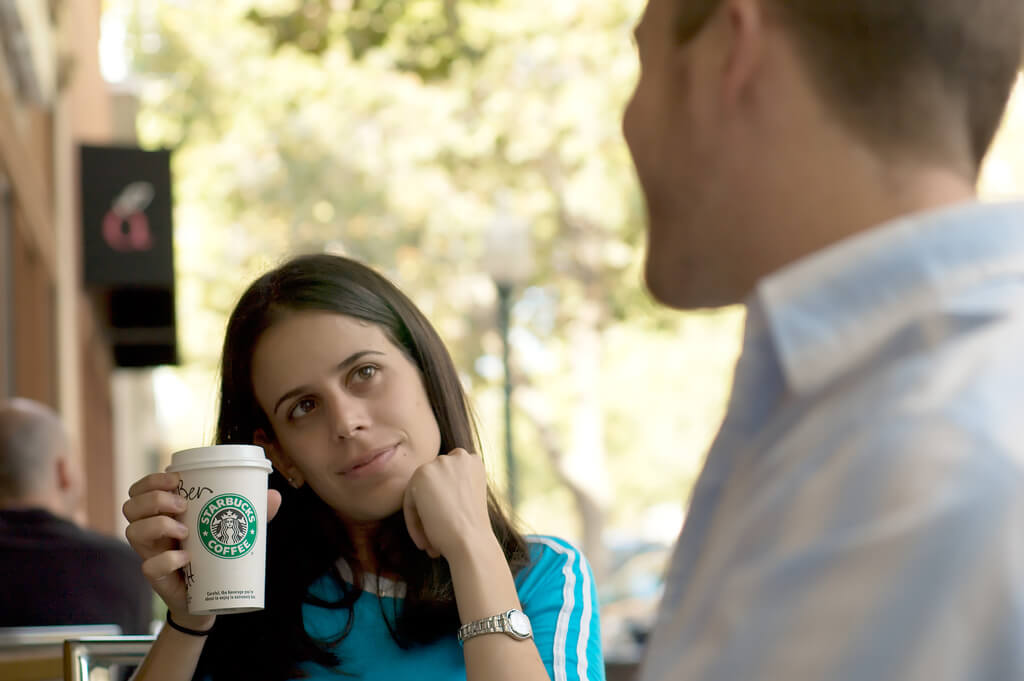 However, effective product placement must also target shows and movies that are relevant to the app’s audience. Just like how App Store Optimization requires a full understanding of an app’s demographic to properly target them with creatives and appealing language, advertising through product placement requires a solid understanding of both the app’s intended consumers and the film or show’s audience. With that in mind, paid product placement is still a very common way in which apps appear throughout pop culture.
However, effective product placement must also target shows and movies that are relevant to the app’s audience. Just like how App Store Optimization requires a full understanding of an app’s demographic to properly target them with creatives and appealing language, advertising through product placement requires a solid understanding of both the app’s intended consumers and the film or show’s audience. With that in mind, paid product placement is still a very common way in which apps appear throughout pop culture.
Apps have also been appearing as references in music. Their presence extends not only to product placement in music videos, but as topics in songs. Music apps such as Beats appear frequently in music videos, which makes sense considering the song in the video can then be listened to on the app. Additionally, we can see apps appearing in music videos, such as the Revolve Clothing app in Iggy Azalea’s “Fancy” or Skype in a Katy Perry video.  Aside from music videos, apps are often referenced in songs. There are multiple songs about apps, such as MadeinTYO’s “Uber Everwhere,” and 2 Chainz’s “Netflix.” Unlike movie product placement, artists will typically include apps in their songs only if the app provides a value to them and their target audience. It’s important that apps appeal to the user base that the artist represents. By utilizing ASO strategies, developers can understand what their audience is searching for and perform tests to ensure they appeal to a wider audience. However, if an app is having difficulty appealing to a target audience on its own, it can always utilize pop culture and hire someone who can help it align with user trends and behaviors.
Aside from music videos, apps are often referenced in songs. There are multiple songs about apps, such as MadeinTYO’s “Uber Everwhere,” and 2 Chainz’s “Netflix.” Unlike movie product placement, artists will typically include apps in their songs only if the app provides a value to them and their target audience. It’s important that apps appeal to the user base that the artist represents. By utilizing ASO strategies, developers can understand what their audience is searching for and perform tests to ensure they appeal to a wider audience. However, if an app is having difficulty appealing to a target audience on its own, it can always utilize pop culture and hire someone who can help it align with user trends and behaviors.
Celebrity endorsements tend to be a mutually beneficial deal for the app being endorsed and the celebrity paid to endorse it. The mobile game Clash of Clans, for instance, saw a surge in downloads after it ran a Super Bowl commercial featuring Liam Neeson. Similarly, Blue Apron is utilizing the power of celebrities by partnering with Chrissy Teigen. The model and “Cravings” author’s recipes will be added to Blue Apron’s meal kits, encouraging her 18 million Instagram followers to download the Blue Apron app and subscribe to its services. Even if only a fraction of a percent of her followers download Blue Apron as a result of this partnership, it will still be a huge success for the app. 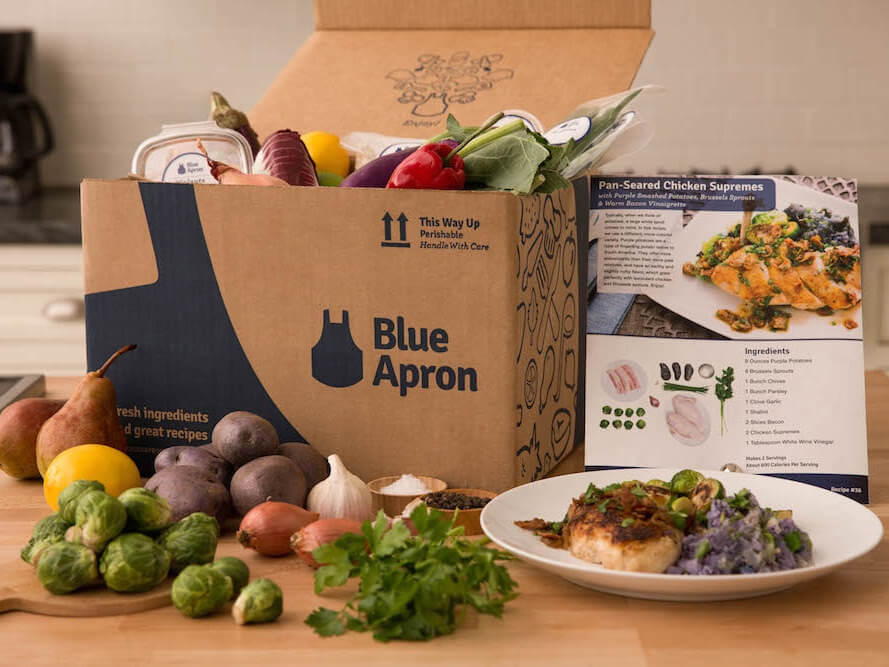 No matter what celebrities enjoy and endorse an app, though, users still have to be able to find
it. Without ASO, they’ll be drawn to higher-ranked competitors instead.
No matter what celebrities enjoy and endorse an app, though, users still have to be able to find
it. Without ASO, they’ll be drawn to higher-ranked competitors instead.
While apps can utilize pop culture to entice and draw in new users, potential users must be able to find the app and make the final decision to hit “install.” ASO is still key for an app to show up high in its relevant searches and to appeal to the users who consider installing it. Additionally, good ASO requires consistent maintenance to ensure that keywords and creatives remain relevant. Trends and popular search terms come and go, and the app landscape is constantly shifting. App culture is a kind of pop culture unto itself, so for both ASO and pop culture advertisements to yield favorable results, one must understand and utilize current trends. However, if your app is making a cultural impact, or if you can afford to have it appear in a movie or alongside a celebrity in a commercial, you will find that pop culture is a powerful tool for improving your mobile app marketing strategy.

Are you leveraging Apple Search Ads the right way? Take a look at these recommendations to optimize your paid campaigns and target the right users.
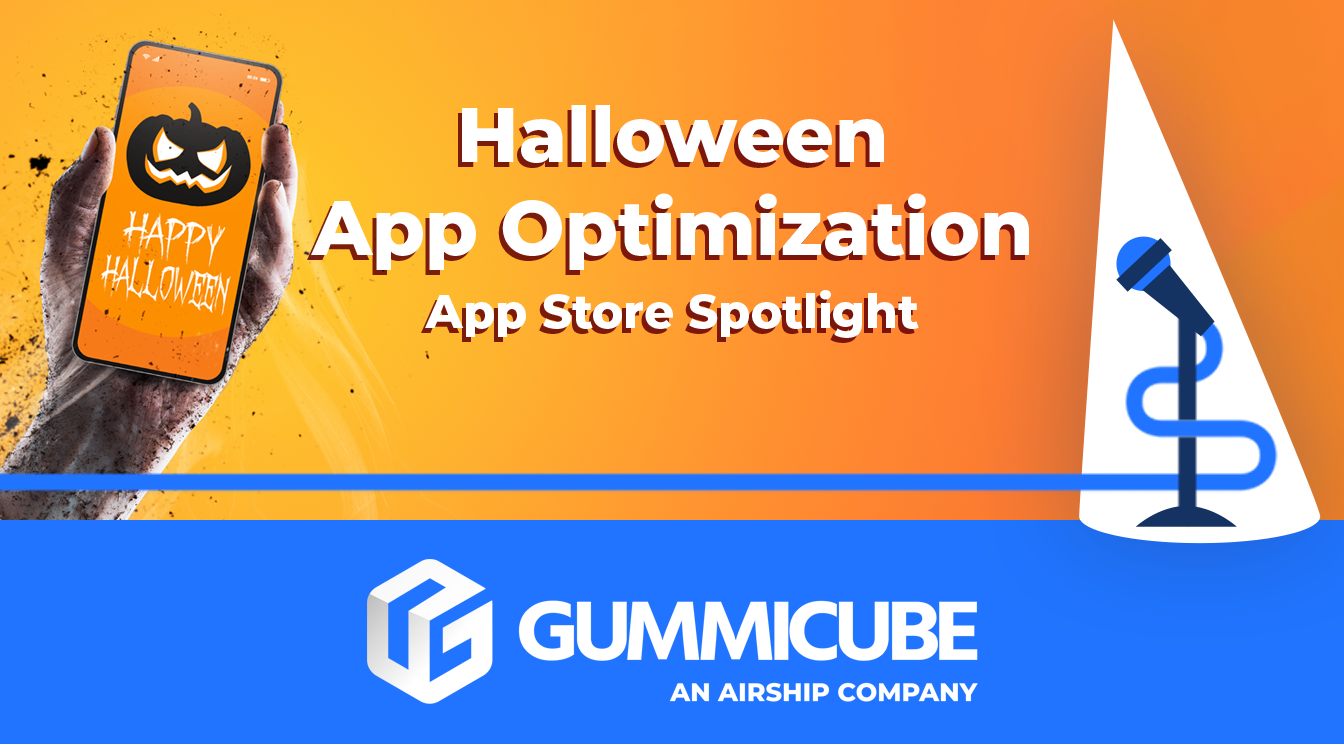
Ghostly happenings are among us... and in your app listing too? If you aren't leveraging the power of app seasonality to make relevant tweaks to your store listing you're leaving precious engagement and conversions on the table.
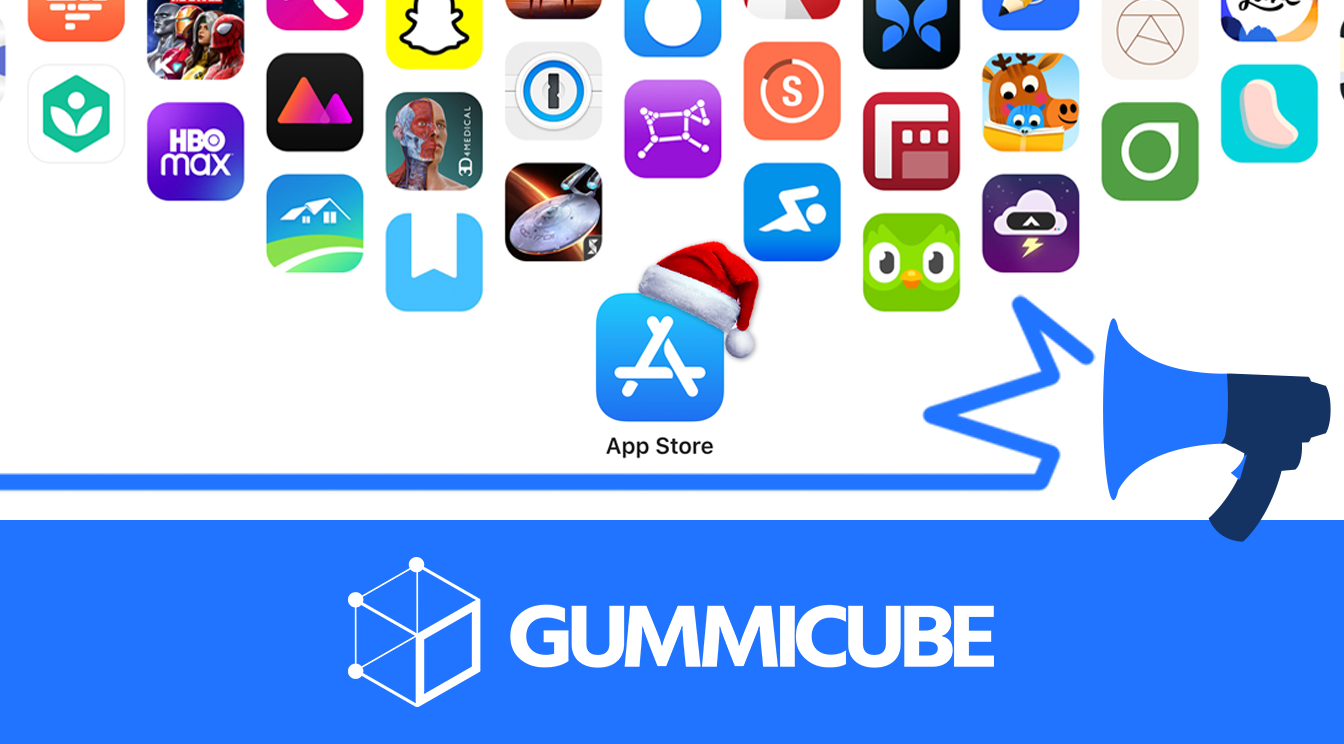
Developers on the iOS App Store should plan in advance of the upcoming Holiday Schedule to allow enough time for apps to get approved during the busy holidays.